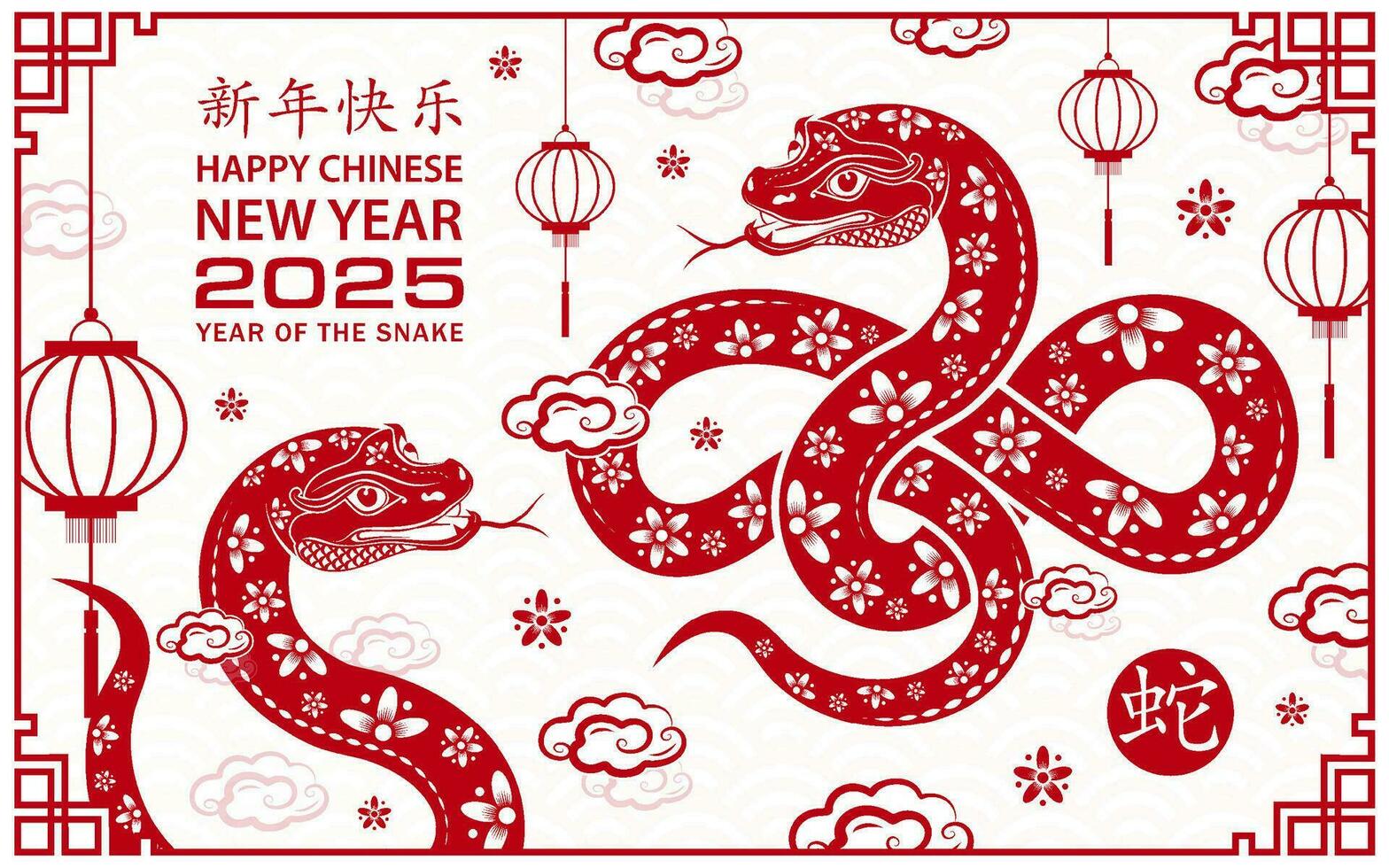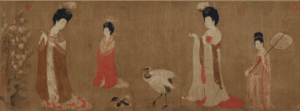The terminology used to describe the celebration commonly known as “Chinese New Year” has become a topic of debate. Some advocate for the term “Lunar New Year” to encompass the various cultures that celebrate the lunar calendar’s new year. However, this shift raises concerns about cultural accuracy and the potential erasure of Chinese cultural significance.
Distinguishing Lunar and Chinese Calendars
It’s important to note that the Chinese calendar is lunisolar, incorporating both lunar and solar elements, whereas a purely lunar calendar is based solely on the moon’s cycles. Therefore, referring to the Chinese New Year as “Lunar New Year” can be seen as a misrepresentation of the calendar system it follows.
Lunisolar calendar – Wikipedia

Cultural Erasure and Sinophobia
The preference for “Lunar New Year” over “Chinese New Year” can be perceived as diminishing the festival’s Chinese origins. This shift may contribute to cultural erasure, where the unique aspects of Chinese traditions are generalized or overlooked. Some argue that this trend aligns with Sinophobic sentiments, intentionally distancing the festival from its Chinese roots.
Anti-Chinese sentiment – Wikipedia
Cultural Appropriation and De-Sinicization
Using a more generic term like “Lunar New Year” allows for the incorporation of various cultural elements, which can lead to cultural appropriation. This practice involves adopting aspects of Chinese culture without proper acknowledgment, potentially diluting its significance. Moreover, the deliberate avoidance of the term “Chinese” in naming the festival can be viewed as an effort to de-Sinicize the celebration, stripping it of its specific cultural identity.

Conclusion
While inclusivity is important, it’s equally crucial to recognize and respect the origins and cultural significance of traditional celebrations. The term “Chinese New Year” acknowledges the festival’s roots and honors the rich heritage it represents. Therefore, using “Chinese New Year” instead of “Lunar New Year” helps preserve the cultural integrity of this significant celebration.



